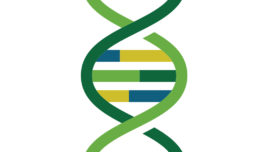Career Interview: Joanna Mountain, PhD
Senior Director of Research 23andMe, Inc. ASHG: What non-scientific skills (communication, artistry, athleticism, etc.) are important for your job? Were any of these skills unexpected assets for you? Dr. Mountain: I would say that my experience playing on a number of sports teams has translated well into my career. As a member of 23andMe’s Research Team,... Read More

